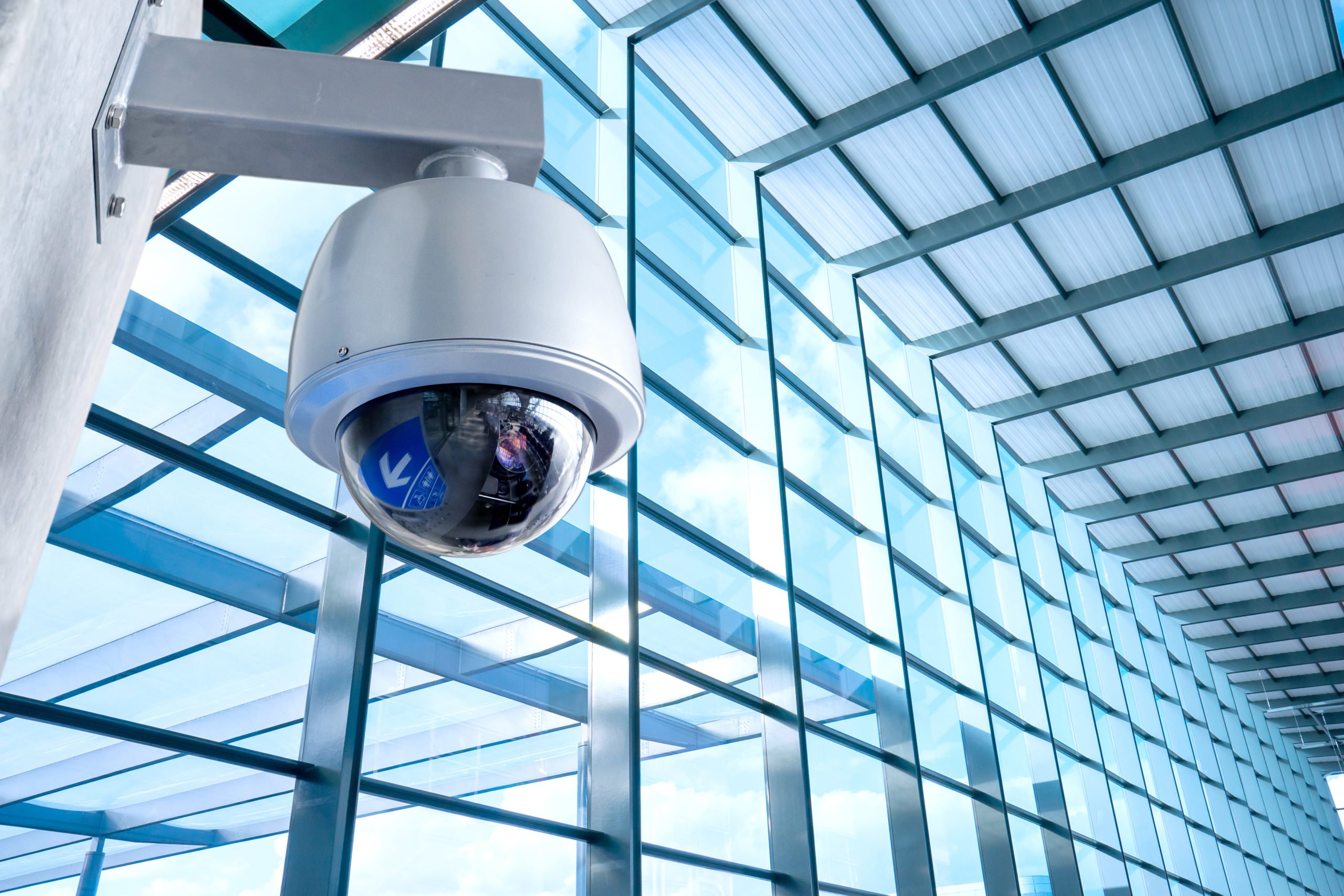Security Practices Any Size Business Should Incorporate
The world of company security could be a dangerous place. Small businesses, especially, will find themselves on the back foot pretty quickly, particularly once targeted against criminals that have a lot of resources in breaking down larger security systems. The usual security issues involve computer systems and client information. In fact, many companies have invested heavily in cybersecurity with the hope of curbing any threats posed by online criminals. From employee education to the installation of new and more sophisticated computer systems, there are many options when it comes to security crucial company and customer data. Unfortunately, though, most of these businesses are invested in online privacy and security to a point where they’ve neglected their physical assets. Many firms don’t realize their need of securing brick-and-mortar premises with the same approach they might have for their online presence. By increasing security to a physical location, the company will have the advantage of gaining better brand confidence and improved job performance and satisfaction among its workers. And loyal employees, in turn, typically translate into loyal customers. To have the confidence to keep your business going without having to worry about threats from both outside and within, you will need to incorporate proven methods to protect your business.
Security Risks
Every business, regardless of its size, faces security-related risks from time to time. It could come as a result of employee negligence that may lead to unauthorized access by an intruder. As you would expect, though, not every organization experiences the same problem. Therefore, it’s important that you understand all common risks that you’re likely to face. This way, you’ll be able to appreciate the needs to secure your business data as you work towards streamlining internal and external operations.1. Wayward Employees
It can be a disgruntled employee or just uninformed, the risk that these elements pose to your business can be immeasurable. Being attacked internally can be very damaging as well as complicated if you don’t put safeguards in place. People who have access to confidential and sensitive files can cause serious damage if they decide to act against your interests. Similarly, a careless employee can cause equivalent havoc if they are left to their own devices.2. Data Risks
Theft of information and proprietary designs are rampant in the most cut-throat fields of business. Mobile devices, network access, and other digital information are just some of the items a cybersecurity firm focuses on. In a world where most businesses are working towards attracting online customers and serving using latest technological resources, there is a significant amount of vulnerability attached to the data stored in these firms’ servers. Therefore, you need to prioritize data security if you plan to launch a new business that’s primarily focused on the online market.3. Third-Party Affiliates
Even if you do due diligence on your part, you will still need to be wary of your business relationships with other organizations. An example is a retail industry where they rely on third-party providers to manage their point of sale data. Even if the employees in all of your stores have done everything right, if your partner’s systems have been compromised, you will also have some degree of exposure.Best Practices
Here are some of the most basic and foremost important practices that your business should have regardless of its size.
Security Camera, CCTV on location, airport

